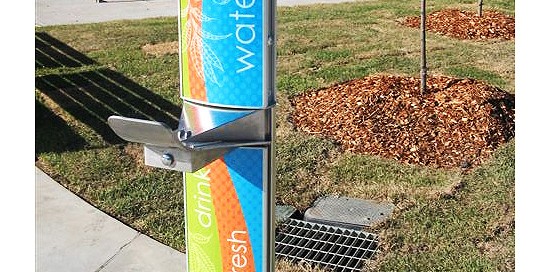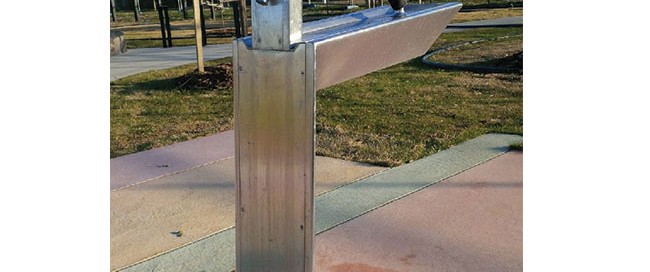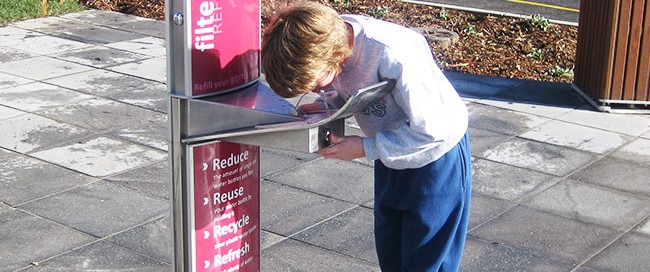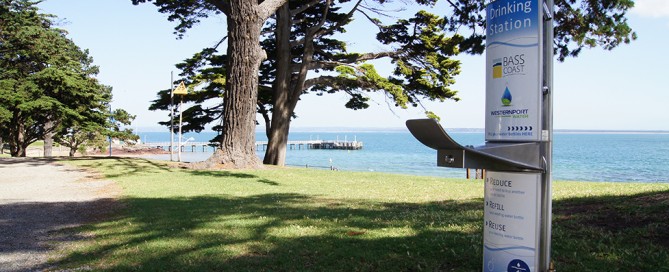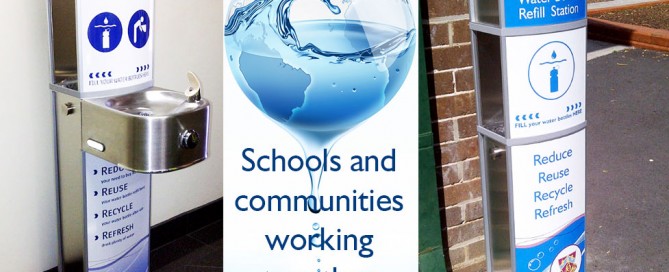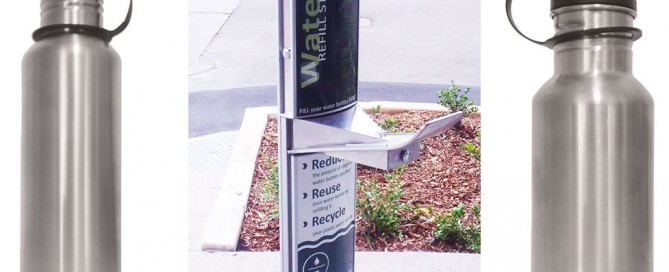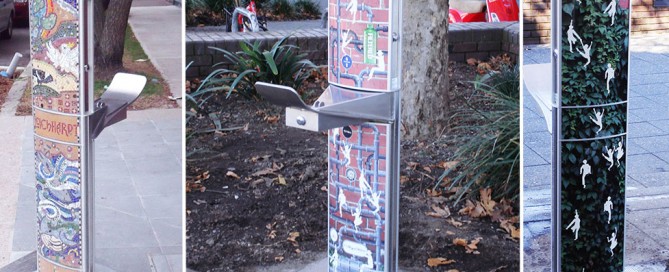As an office or school facilities manager, it is possible for you to provide fresh, filtered water to be utilised and appreciated which also encourages healthy habits and waste reduction. Great-tasting drinking fountains and water bottle refill stations have countless benefits, such as:
1. Fresh, Filtered Water without Plastic Waste
The producing, transporting, cooling, and disposing of water bottles consumes energy, wastes natural resources, and contributes to greenhouse gas emissions. Drinking fountains with water bottle refill stations make it possible to reuse water bottles rather than buying new plastic disposable ones. Having these units around can help encourage the community to reuse bottles and drastically reduce the number of disposable plastic bottles being dumped in to the environment, contributing to a better future.
2. Convenient Alternative to Sugary Drinks
The awareness of the danger and detrimental health effects of excess sugar consumption especially the hidden amounts in fizzy drinks is increasing. If you, an employee, or a student has the option to purchase a sugary beverage or to refill a bottle with fresh, cool water for free, the second option will become increasingly hard to ignore. Having filtered water available helps encourage good habits and avoid the temptation of consuming a bottled sugary beverage. Reaching for a refill means avoiding excess sugars, calories, and waste.
3. Trusted Equipment and Brand
Even if you are new to the aquafil brand, the chances are that you have used one of our drinking fountains or water bottle refill stations. Our equipment is used across the country, as we offer a range of units suitable for schools, offices, parks and community centres. Each high-quality unit delivers fresh water and is built to last.
4. Greener Manufacturing Processes
For aquafil, the fight against disposable bottles and plastic waste starts with us, not the consumer. We use environmentally friendly manufacturing processes to keep our production waste and environmental impact to a minimum. For more information about our unit types, contact aquafil today by calling 1300 400 006 or filling out our online form for a prompt reply.

